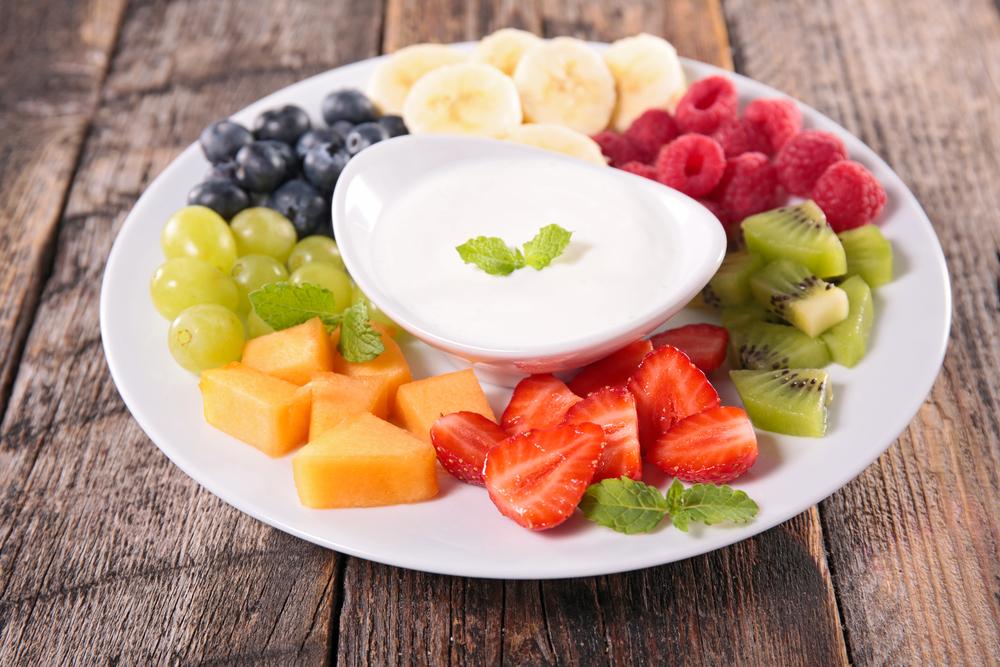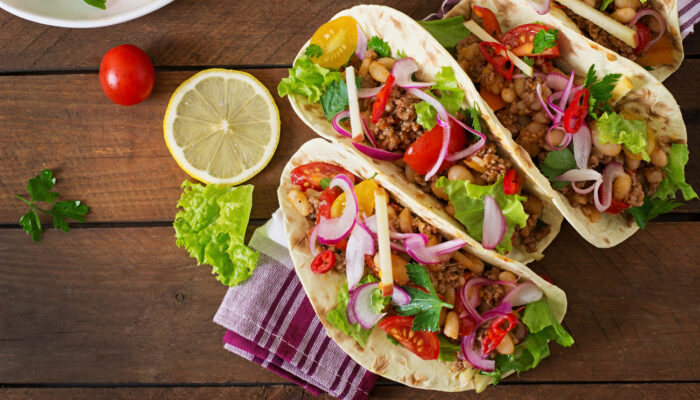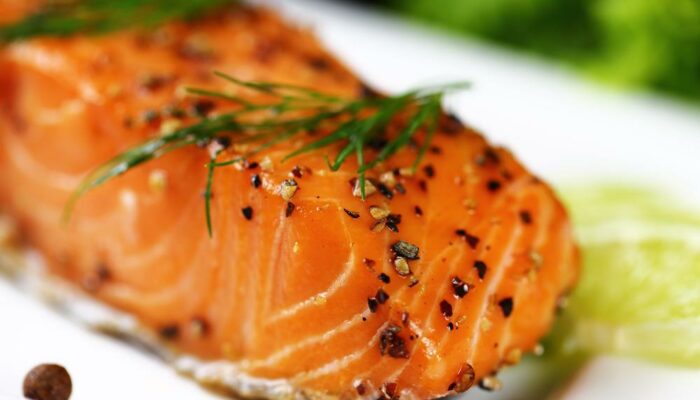
Dietary Tips for Different IBS Types
There are different types of IBS, which is an intestinal disorder that causes bloating, stomach ache, and cramping. In this mini-guide, you will learn about three IBS types, the common triggers for each type and what changes you can make instead. The IBS dietary tips will help you determine what you can eliminate from your diet and then re-introduce later to know which foods are triggering the condition and which ones are safe to consume.
1. Diarrhea
Excessive fiber in the diet, especially the insoluble type, can lead to you having diarrhea. If you have a lot of chocolate, drink copious amounts of caffeine or alcohol, or use artificial sweeteners, then you may also face its symptoms. Carbonated drinks, fried foods, gluten, and fatty foods are said to worsen IBS diarrhea symptoms, and consuming large meals does one no favors either.
The IBS dietary tips to ease IBS diarrhea symptoms are to avoid foods that can cause the formation of gas and eat smaller meals. If you consume foods that have different temperatures in the same meal, such as cold water and hot soup, then it can trigger your diarrhea symptoms. You should ensure you are always hydrated by drinking plenty of water at least an hour before having your meal.
2. Constipation
Constipation can be triggered by many foods just like diarrhea. If you eat lots of processed food then you might suffer from the issue. High-protein diets can lead to constipation, as well as, some types of dairy products such as cheese. Food items that are made of refined grains can lead to it too.
The first course of action and the most vital tip of IBS dietary tips is to drink lots of water and hydrate yourself. You should also work on increasing the fiber intake in your daily diet—women should consume 25 grams of fiber while men should consume 38 grams of fiber daily. You should eat vegetables, fruits, and whole-grain foods. You can consume ground flaxseed as a remedy for constipation and you can also eat prunes.
3. Gas
Certain foods cause bloating and the formation of gas such as asparagus, celery, raisins, wheat germ, Brussels sprouts, and beans. Generally, fruits that have a high content of soluble fiber also trigger IBS symptoms. Also, foods that are high in starch content often lead to gas, especially if you have them regularly.
One of the most helpful IBS dietary tips for gas formation is to maintain a diary and then when you experience the symptoms, you can take a look at what you ate a few hours prior. This will help you determine what is causing gas formation.
Not all of the trigger foods mentioned above will trigger your IBS symptoms or make the condition flare-up. There may be some unexpected foods not on this list that can trigger your IBS symptoms, making it a tricky situation. But that doesn’t mean it is impossible to manage your symptoms. You should consult a doctor to create a diet plan that will suit your needs. He/she will give you additional IBS dietary tips that will help you get relief.



